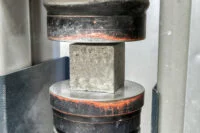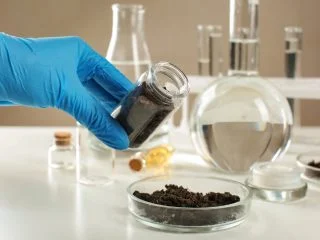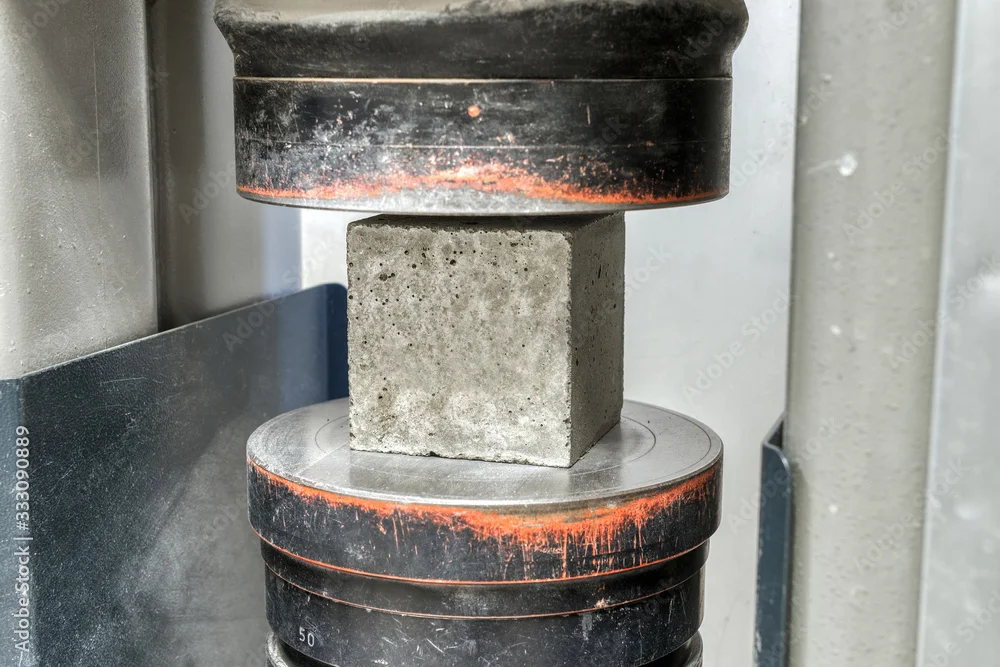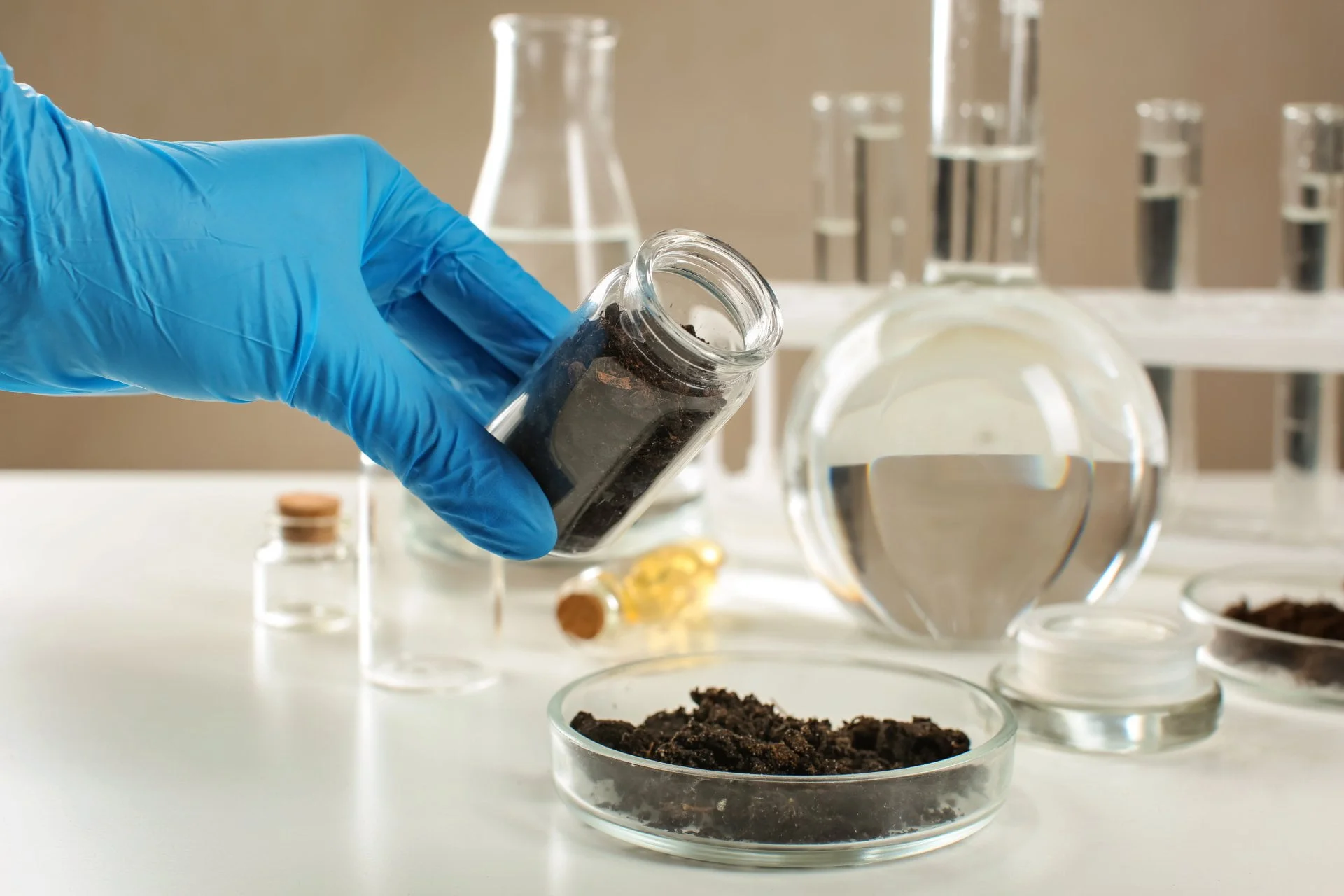Bitumen and tar are two materials that are commonly used in construction, particularly for road construction and waterproofing. While they may appear similar, they have distinct differences in terms of composition, properties, and applications. In this blog post, we will delve into the differences between bitumen and tar, and provide a comparison table to highlight the key contrasts between these two materials.
What is Bitumen?
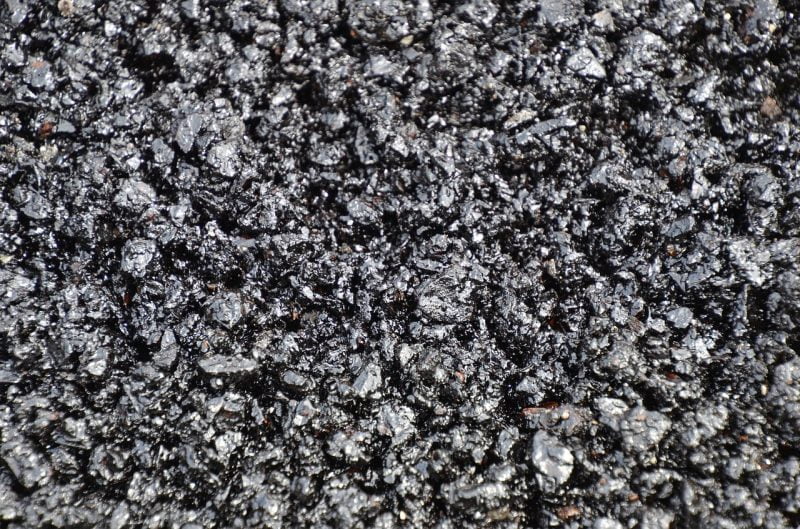
Bitumen is a dark, viscous, and sticky substance derived from crude oil through a refining process. It is a hydrocarbon, which means it is composed of hydrogen and carbon atoms. Bitumen is widely used in road construction as a binder for aggregates (stones and sand) to create asphalt concrete. It is also utilized for waterproofing purposes, such as in roofing felt and damp-proof courses.
What is Tar?

Tar, on the other hand, is a byproduct of the destructive distillation of organic materials like coal, wood, or peat. It is a complex mixture of hydrocarbons and other compounds. Tar was traditionally used for road construction and waterproofing before the widespread use of bitumen. Nowadays, tar is less common due to environmental concerns and the availability of better-performing alternatives like bitumen.
Comparison Table: Bitumen vs. Tar
| Property | Bitumen | Tar |
| Source | Crude oil | Coal, wood, or peat |
| Composition | Hydrocarbon (mainly composed of carbon and hydrogen) | Complex mixture of hydrocarbons and other compounds |
| Color | Black or dark brown | Black or dark brown |
| Viscosity | Viscous and sticky | Viscous and sticky |
| Odor | Mild odor | Strong, pungent odor |
| Temperature Resistance | Good (typically remains stable up to 60°C) | Poor (susceptible to temperature changes) |
| Water Resistance | Excellent | Good, but not as effective as bitumen |
| Environmental Impact | Moderate (depends on the refining process) | Higher (due to toxic and carcinogenic components) |
| Applications | Road construction, waterproofing, roofing | Traditional road construction, waterproofing |
Conclusion
Understanding the differences between bitumen and tar is essential when selecting the right material for your construction projects. While both substances are dark, viscous, and sticky, their composition, properties, and environmental impact set them apart. Bitumen, derived from crude oil, has become the preferred choice for road construction and waterproofing due to its better performance and lower environmental impact compared to tar. Tar, produced from coal, wood, or peat, has a stronger odor and is less resistant to temperature changes, making it less desirable for modern applications.

